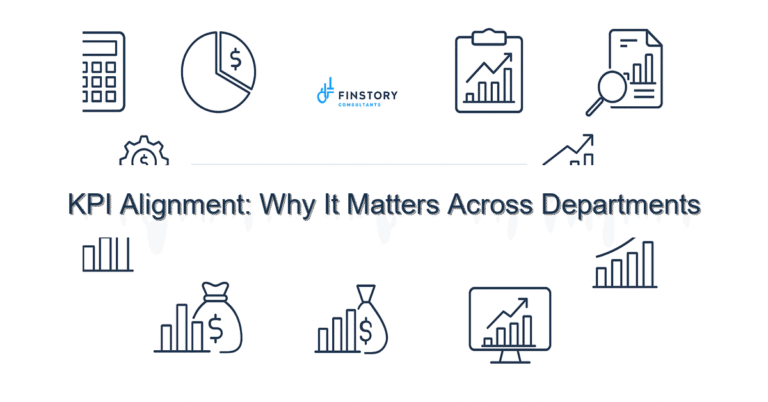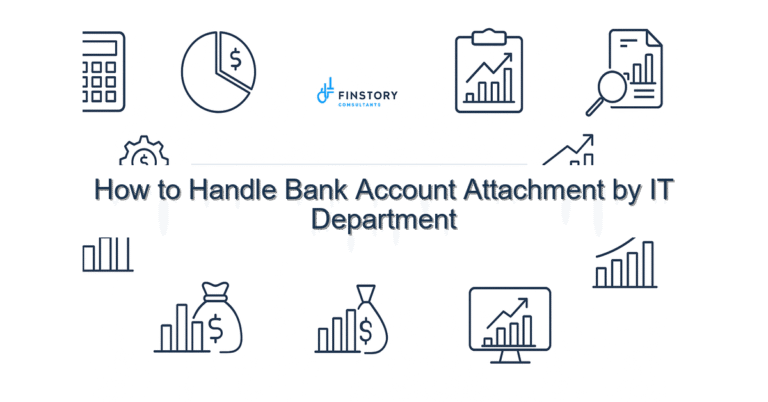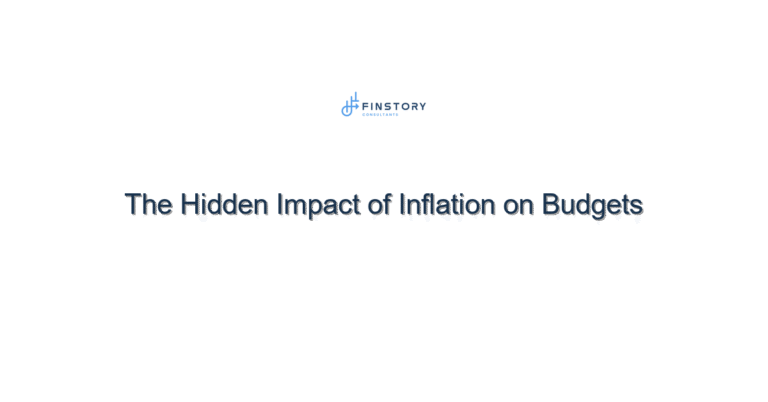How to Handle Late Payments Without Losing Clients
You’ve done the work. You’ve delivered the project. You’ve sent the invoice.
And…crickets.
Few things are more frustrating than waiting (and waiting) to get paid for work you’ve already completed. But if you’re a business owner or entrepreneur, you know chasing down late payments comes with the territory.
Still, there’s a fine line between protecting your cash flow and preserving good client relationships. So how do you handle late payments without burning bridges? Let’s talk about some practical strategies.
Why Clients Pay Late
First, it helps to understand why even good clients sometimes pay late:
- Cash flow issues on their end — they might be waiting on payments from their customers.
- Bureaucracy or red tape — in larger companies, invoices get lost in approval loops.
- Forgetfulness — especially common with smaller businesses or solopreneurs.
- Disputes or confusion — they might be unsure about part of the invoice.
Knowing the reason can help you choose the right approach.
Example: The Design Studio Standoff
Take Sophie, who runs a boutique design studio.
One of her best clients consistently pays 30-45 days late, even though their contract says Net 15. Sophie doesn’t want to push too hard and risk losing a client who provides steady work.
But over time, those delays created cash crunches for Sophie’s business—forcing her to dip into personal savings.
Finally, Sophie decided to have a candid but professional conversation. She learned the client’s accounts payable team only cuts checks twice a month. Together, they adjusted the due dates on future invoices to match the client’s payment schedule—and Sophie started adding a late fee clause for any payments beyond those dates.
Result? Sophie’s cash flow improved, and she kept the client happy.
Practical Tips for Handling Late Payments
Here’s how you can protect your cash flow and maintain goodwill:
1. Communicate Early and Often
Don’t wait until an invoice is weeks overdue.
- Send friendly reminders a few days before the due date.
- Follow up promptly after the due date passes.
Keep the tone polite and professional. Sometimes a simple nudge is all it takes.
2. Be Clear About Terms Upfront
Avoid surprises by discussing payment terms early:
- Set clear due dates in proposals and contracts.
- Include late fee policies.
- Discuss how they prefer to pay (ACH, check, credit card).
The clearer you are upfront, the fewer awkward conversations you’ll have later.
3. Pick Up the Phone
Emails can be ignored. A quick phone call often cuts through delays and confusion.
“Hi John, I noticed the invoice from last month is still outstanding. Is there anything I can clarify or help with?”
This human approach often reveals issues you can resolve quickly.
4. Offer Payment Plans for Cash-Strapped Clients
If a good client genuinely can’t pay the full amount right away, consider a payment plan. It’s better than writing off the invoice entirely—and shows you’re willing to work with them.
5. Know When to Enforce Late Fees
Late fees shouldn’t be your first move—but they’re a fair way to encourage timely payment.
Just be consistent: if you include late fees in your contract, follow through. Otherwise, clients may assume your terms are flexible.
6. Maintain Professionalism
Never let frustration spill over into anger. Even when you’re chasing payments, you’re still running a business—and your reputation matters.
Another Example: The Freelance Writer’s Dilemma
Carlos, a freelance writer, worked with a startup that kept missing payment dates. He was tempted to go nuclear—but instead, he:
- Sent a polite but firm email restating the overdue balance.
- Offered a small discount if they paid by a specific date.
- Made future work conditional on clearing the past due invoices.
The client paid up—and Carlos avoided losing a valuable relationship.
How a Virtual CFO Can Help
Late payments are more than an annoyance—they can derail your cash flow and growth plans.
A Virtual CFO (VCFO) can help you:
- Create cash flow forecasts accounting for delayed payments.
- Set up better client contracts and payment terms.
- Develop processes for collections that protect relationships.
- Know when to escalate overdue invoices.
Instead of scrambling to pay bills because clients are slow to pay you, you’ll have a proactive plan.
Don’t Let Late Payments Sink Your Business
Late payments happen, even with great clients. The key is to stay professional, communicate clearly, and protect your business without burning bridges.
If you’re tired of the stress—and wondering how to get paid faster—reach out. Sometimes a fresh perspective (and a solid plan) makes all the difference.






